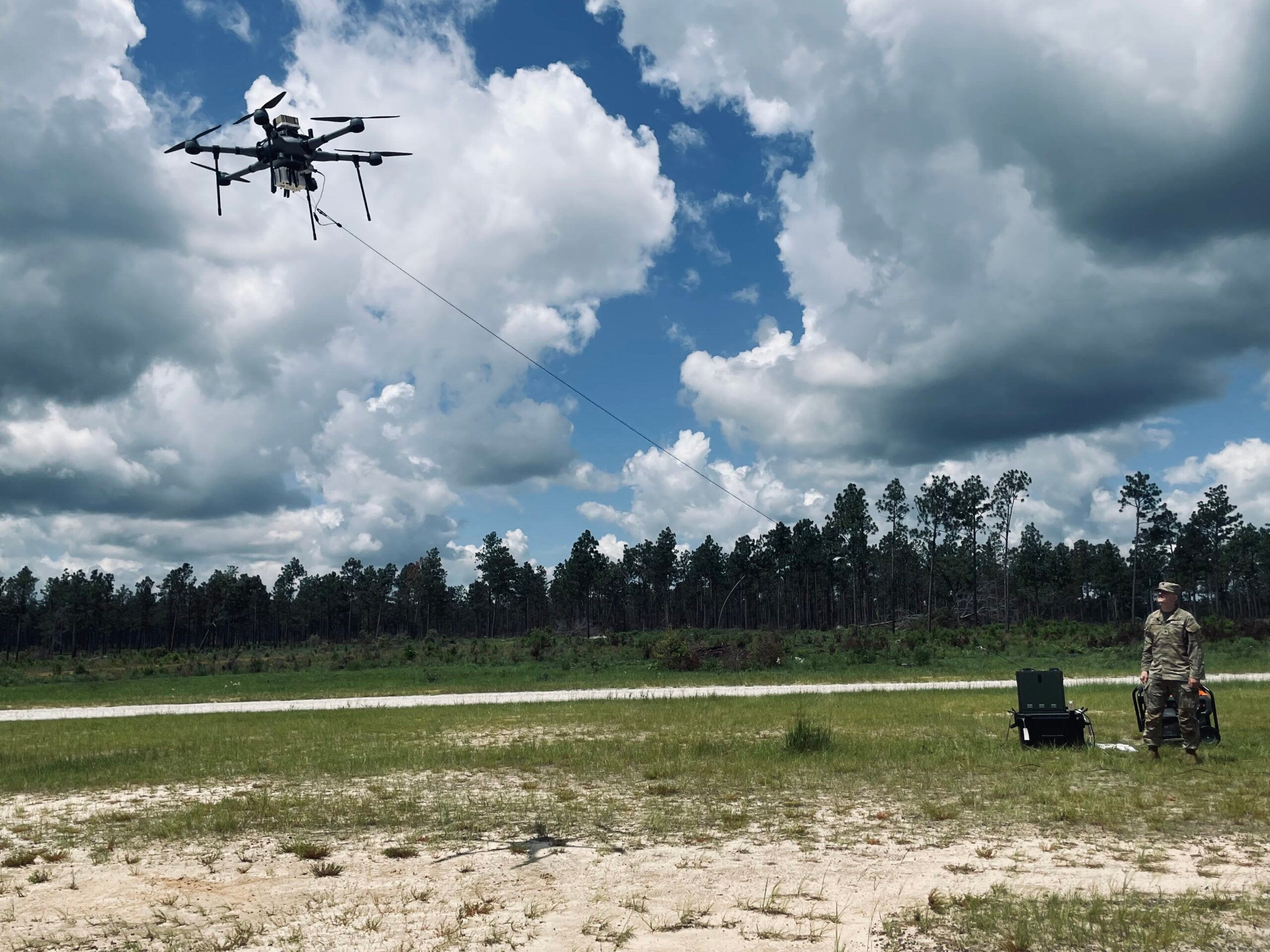For the past two weeks, soldiers from across the nation have been gathering at Fort Gordon to test out new tech to enhance the Army’s cyber capabilities.
Cyber Quest is an annual experiment, hosted at Fort Gordon, in which the Army and its industry partners confer to develop and assess new technological solutions in the areas of cyber and electromagnetic warfare. The latest Cyber Quest experiment concluded on Tuesday.
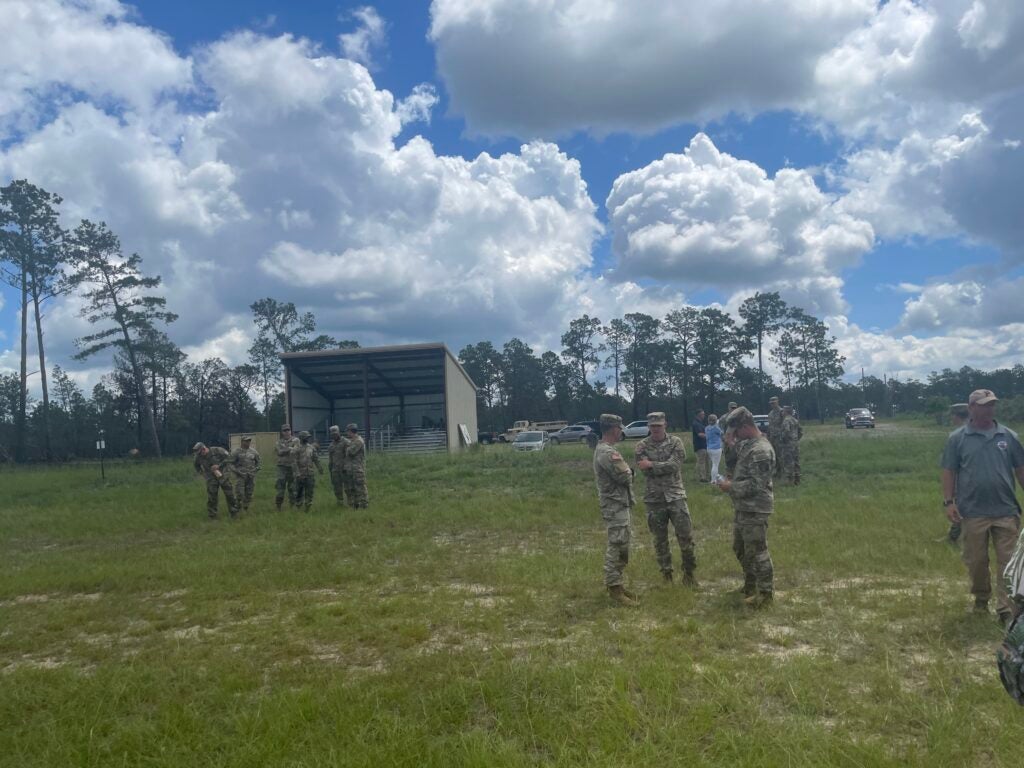
“So it becomes a partnership between industry, academia and Department of Defense,” said Col. Christian Haffey, director of the Army’s Cyber Capabilities Development Integration Directorate (CDID). “The ultimate goal is to provide capabilities that make our war fighters more lethal, more survivable, and it being an experiment, allows us to bring soldiers to again, engage with the industry, provide that feedback two ways: Here’s our problems, here are solutions. Here’s our recommendation towards how we’d like to see it improve, and from that we grow and develop.”
Approximately 80 soldiers, mostly from the First Infantry Division on Fort Riley, Kan., and the 75th Innovation Command in Houston, came to Fort Gordon to test out tech and collect data. The experiment takes about a year to plan, Haffey explained, with the Army announcing to industry tech developers the problems it’s looking to solve, and identifying Army units interested in participating.
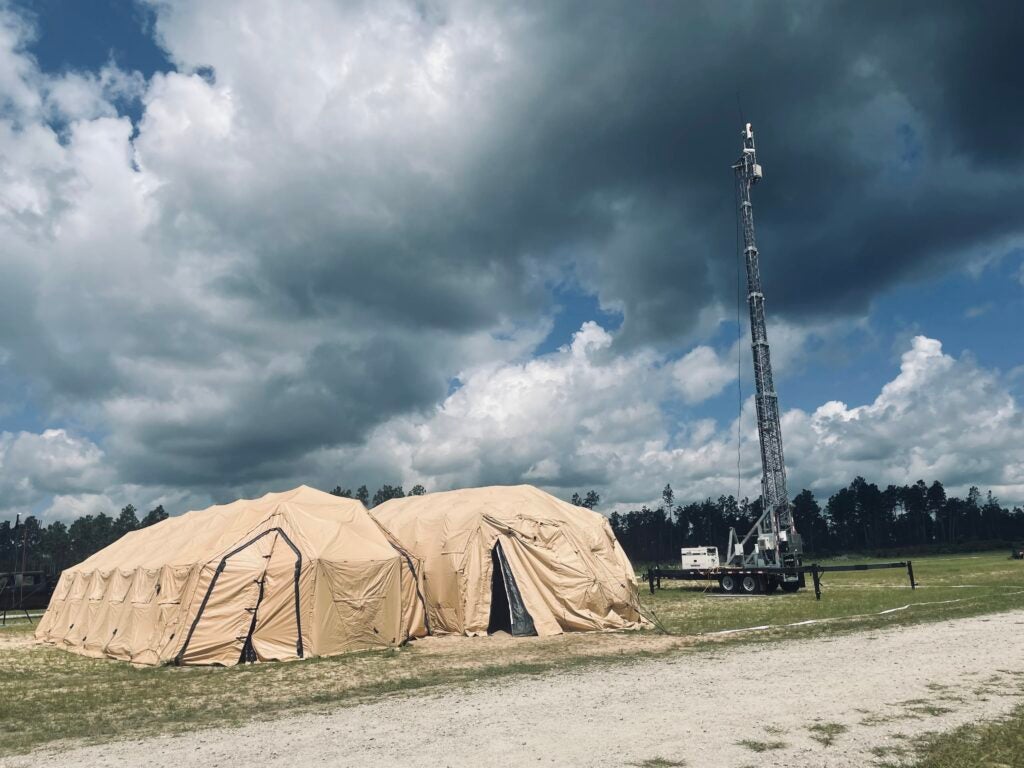
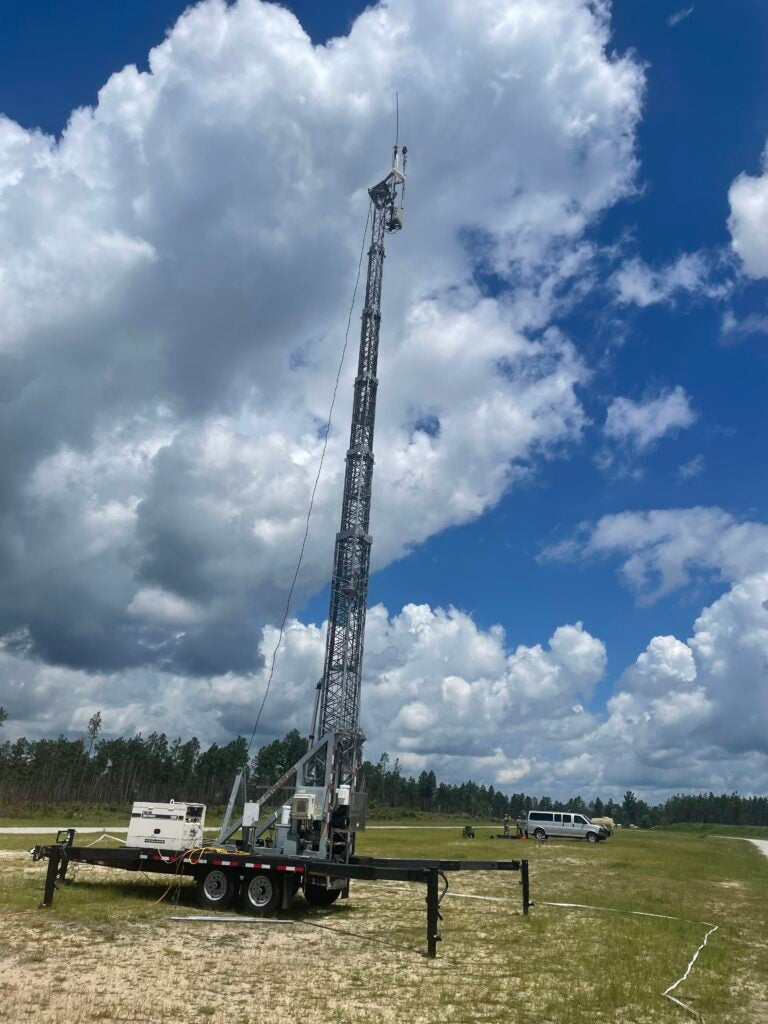
The servicemembers build a network on post, in the various, mostly wooded, training areas, setting up tents, antennas and Wi-Fi towers, drones and other equipment to establish a tactical, mobile network as if in the field.
Technologies being examined included zero trust capabilities, which entail stringent protocols for verification and accessing networks; electromagnetic sensors and jammers that use artificial intelligence and cyber payloads delivered by radio frequencies.
Keeping pace with constantly upgrading technology is among the key challenges Cyber Quest tries to address, said Haffey.
“It’s not just industry who is changing at a rapid pace. Our adversary has a vote. They’re changing technology at a very rapid pace,” he said. “The experimentation we do doesn’t just inform capabilities we want to deliver to the soldiers, but it provides back to the schools the training that they need to adopt in order to maintain pace with the rate with technology.”
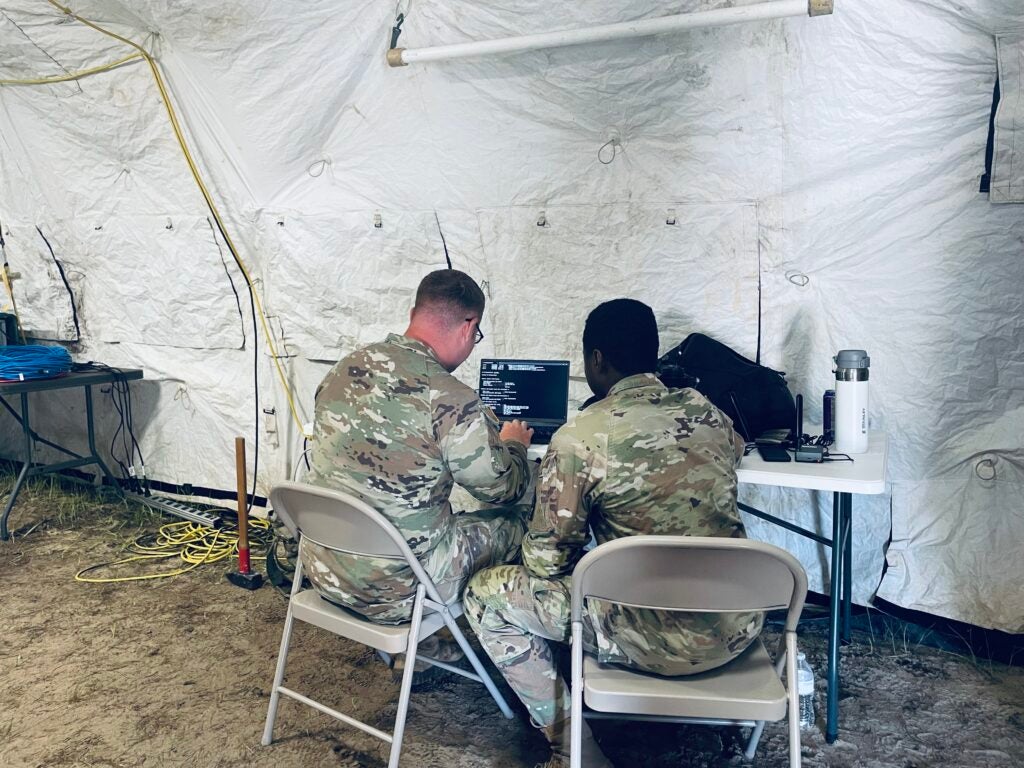
Spc. Quinton West, one of the soldiers who came to Augusta from Fort Riley, is among the first to test out the new equipment hands-on, and appreciates “giving that feedback on what I think is going to help us, as we do, you know, get into a conflict, help keep us alive.”
Most of what West and his colleagues did during their two weeks on Fort Gordon was field experimenting, searching for “enemy” signals. While impressed with what the new tech can do, he’s also sure that, in the event of a conflict, he and his fellow servicemember will be prepared.
“We’re all extremely confident all aspects of war,” said West. “Electronic warfare, cyber warfare is becoming as big as… boots on the ground warfare, and it’s all the same for us. It’s cool getting new equipment, but if we had to go today, we’d be good.”
Skyler Q. Andrews is a staff reporter covering business for The Augusta Press. Reach him at skyler@theaugustapress.com.

